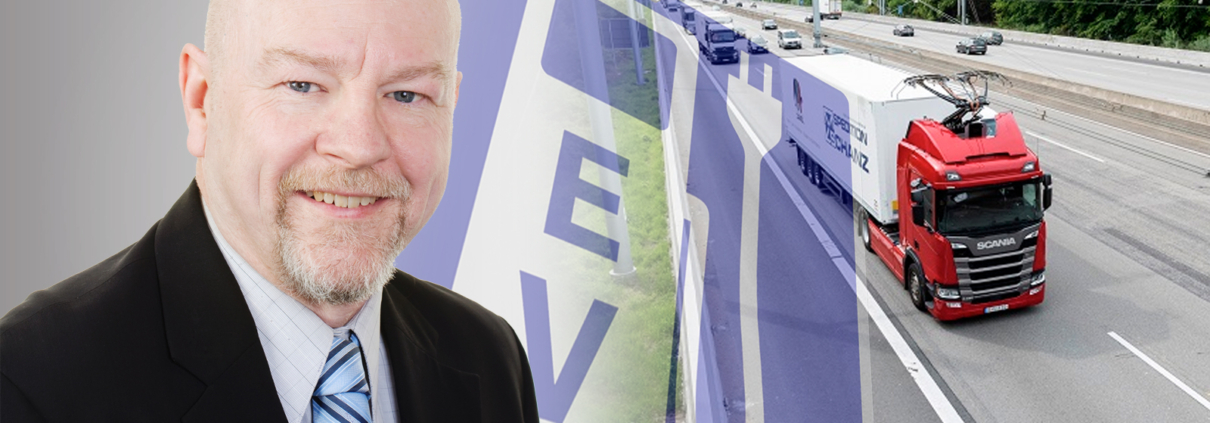Why is green investment so slow?
A recent article in the Financial Times highlighted an important paradox:
Green investment is slow, increasing the risk of irreversible climate change, which in turn significantly reduces the return on all future (including non-green) investments.
So why is the investment in climate mitigation so slow? The answer is simple – there is too much uncertainty in the problem and the solutions. This uncertainty is a consequence of an extremely complex environment. Energy and the technology are both changing radically, and we are experiencing seismic changes in the geo-political landscape as well as the disruptive technologies of the Internet of things, AI and the data revolution.
Addressing complexity is difficult (but not impossible). Complexity means that we are dealing with systems that are non-linear, self-organising, and therefore emergent. The risks associated with navigating these changes are high because the behaviour of the system is unpredictable.
However, digital capabilities such as complex adaptive systems modelling, and digital twins offer a low-risk pathway to navigating these problems.
Using digital models we can compress time (a year in the real world can be compressed into a few seconds in a computer simulation) and evaluate a vast array of possible outcomes. In doing so we can identify the fundamental structures of the system – the things that always happen. Identifying these means that we can start to reduce uncertainty and identify the no-risk investments. Furthermore, we can use these models as the foundation for sophisticated digital twins that track the real-world changes which we can then use to generate corrective actions to keep the system developing in the right direction.
Digital capabilities offer a low cost, effective, and fast way of reducing uncertainty, accelerating investment, and breaking the paradox. Furthermore, these capabilities can, in themselves, create new value generating opportunities.
For me the message is clear: we urgently need to accelerate the investment in the modelling of complex adaptive systems and the digital twins that will help us manage the difficult transition and start to deliver the net zero dividend. If we wait too long the size of the prize reduces and we run the risk of surrendering it to others who were prepared to act quicker.
Professor Philip Greening, TransiT Co-Investigator and Director of the Centre for Sustainable Road Freight and the Centre for Logistics and Sustainability at Heriot-Watt University.


